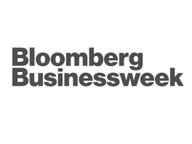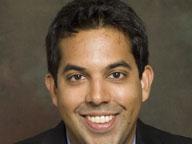In an op-ed, Prof. Adam Alter explains why we ignore global warming















Excerpt from The Huffington Post -- "Michael Cohen, a visiting assistant professor of marketing at New York University's Stern School, said Hostess could have done more to modernize a brand that has so much cachet. 'A lot of adults who grew up in the '80s have fond memories of Twinkies, but don't enjoy super sugary things like they once did,' said Cohen."

Excerpt from The Huffington Post -- "Michael Cohen, a visiting assistant professor of marketing at New York University's Stern School, said Hostess could have done more to modernize a brand that has so much cachet. 'A lot of adults who grew up in the '80s have fond memories of Twinkies, but don't enjoy super sugary things like they once did,' said Cohen."



































